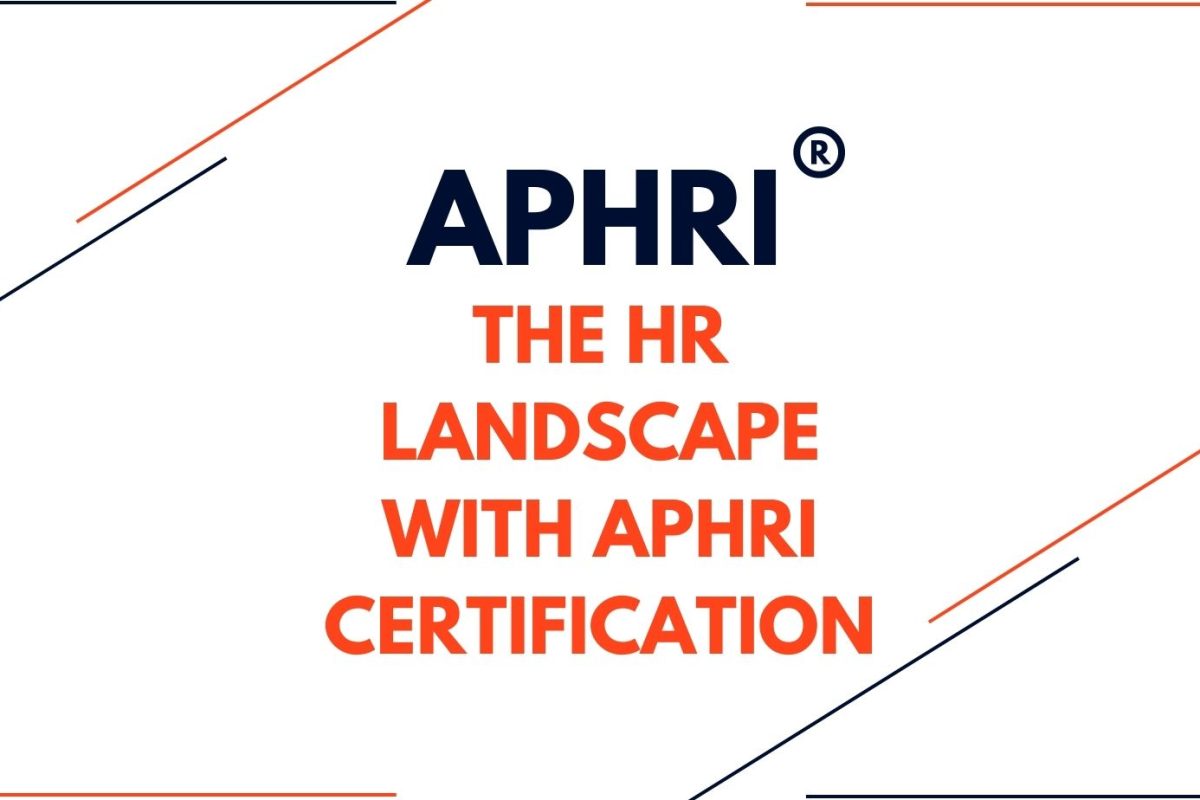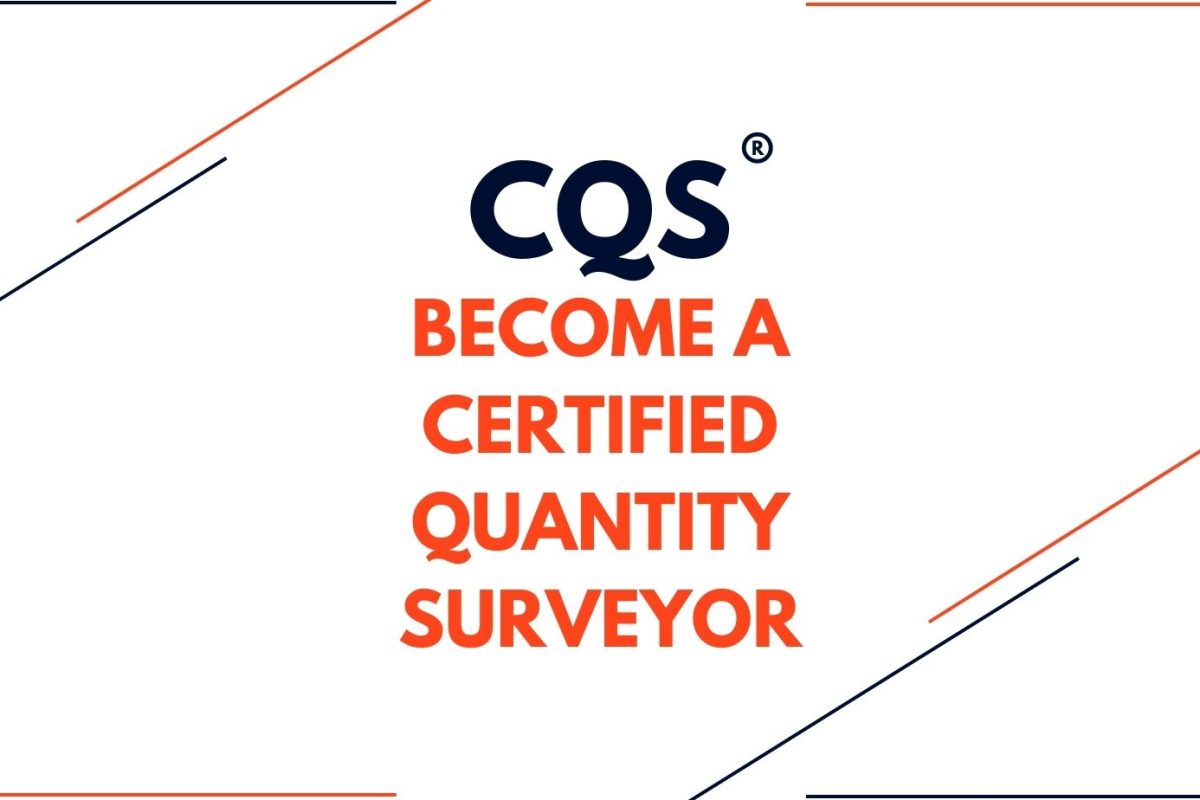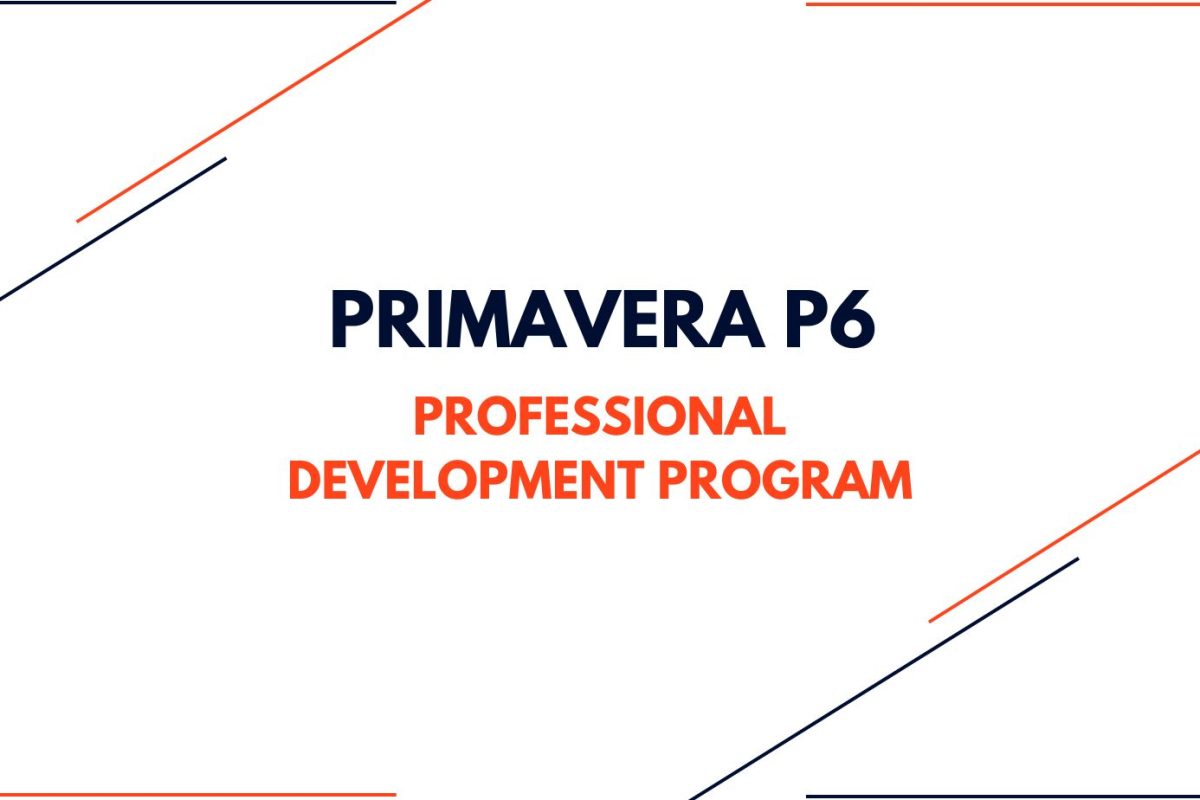On the journey to a career in human resources (HR), individuals new to the field may find themselves facing both excitement and uncertainty. Fortunately, the Associate Professional in Human Resources – International (aPHRi)™ Exam Preparation course, offered by the Chicago Management Training Institute, serves as a guiding light for aspiring HR professionals. This comprehensive program, tailored to equip participants with foundational knowledge and exam preparation, paves the way for obtaining the prestigious aPHRi certification from the HR Certification Institute® (HRCI®).
Comprehensive Course Overview
Designed with the aim of empowering individuals to excel in the aPHRi exam and kickstart their careers in HR, this course covers a diverse range of HR domains. From HR operations and recruitment & selection to employee relations, compensation & benefits, human resource development & retention, and health, safety, security, participants gain proficiency in essential areas of HR practices and principles.
Accessible Eligibility Requirements
Eligibility for the aPHRi exam is open to individuals with a high school diploma or its global equivalent, making this certification accessible to a wide range of candidates. With no prior HR experience required, the focus is solely on knowledge-based criteria, allowing newcomers to the field to embark on their HR journey with confidence.
Exam Structure and Requirements
The aPHRi exam, delivered online, comprises 105 scored questions along with 25 pre-test questions. To pass the exam, candidates must achieve a minimum score of 500 out of 700 within a duration of 2.5 hours.
Extensive Exam Support Services
The Chicago Management Training Institute offers extensive exam support services, including preparation classes, workshops, practice exams, study guides, and online resources. Additionally, one-on-one tutoring and review sessions are available for those in need of extra assistance.
Certification Validity and Recertification Process
Upon successful completion of the exam, aPHRi certification is valid for three years. Recertification involves earning a specified number of recertification credits, which may include continuing education and professional development activities.
Expert-Led Training
Led by an experienced trainer with 15 years of industry expertise, the Chicago Management Training Institute ensures that participants receive the highest quality of instruction. The trainer’s blend of theoretical knowledge and practical insights enriches students’ understanding and application of HR concepts, setting them on the path to success in quality management.
After-Training Support Services
Furthermore, the institute offers robust after-training services (ATS), including access to a question bank with sample questions, re-training within six months, immediate assistance from in-house trainers, and guidance with the HRCI® Exam Application Form.




